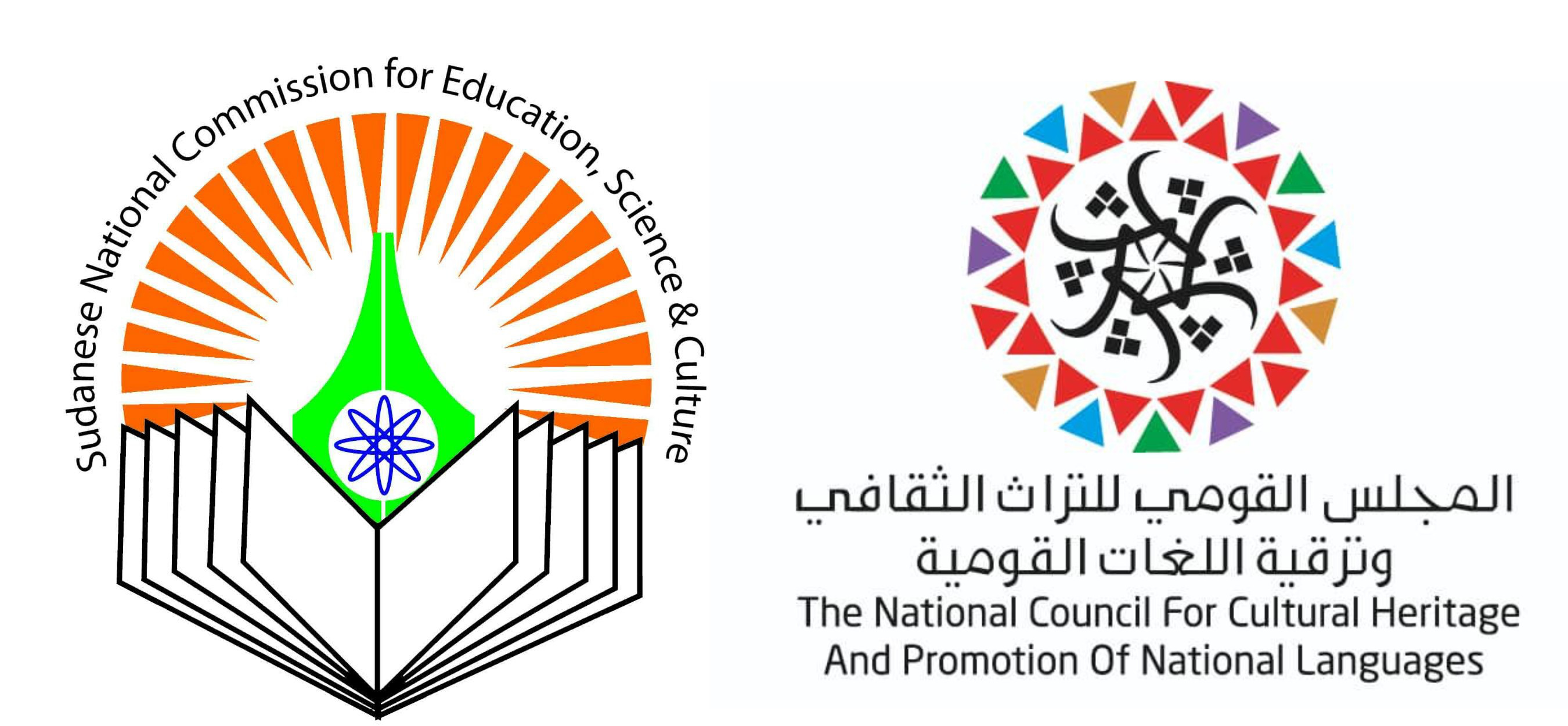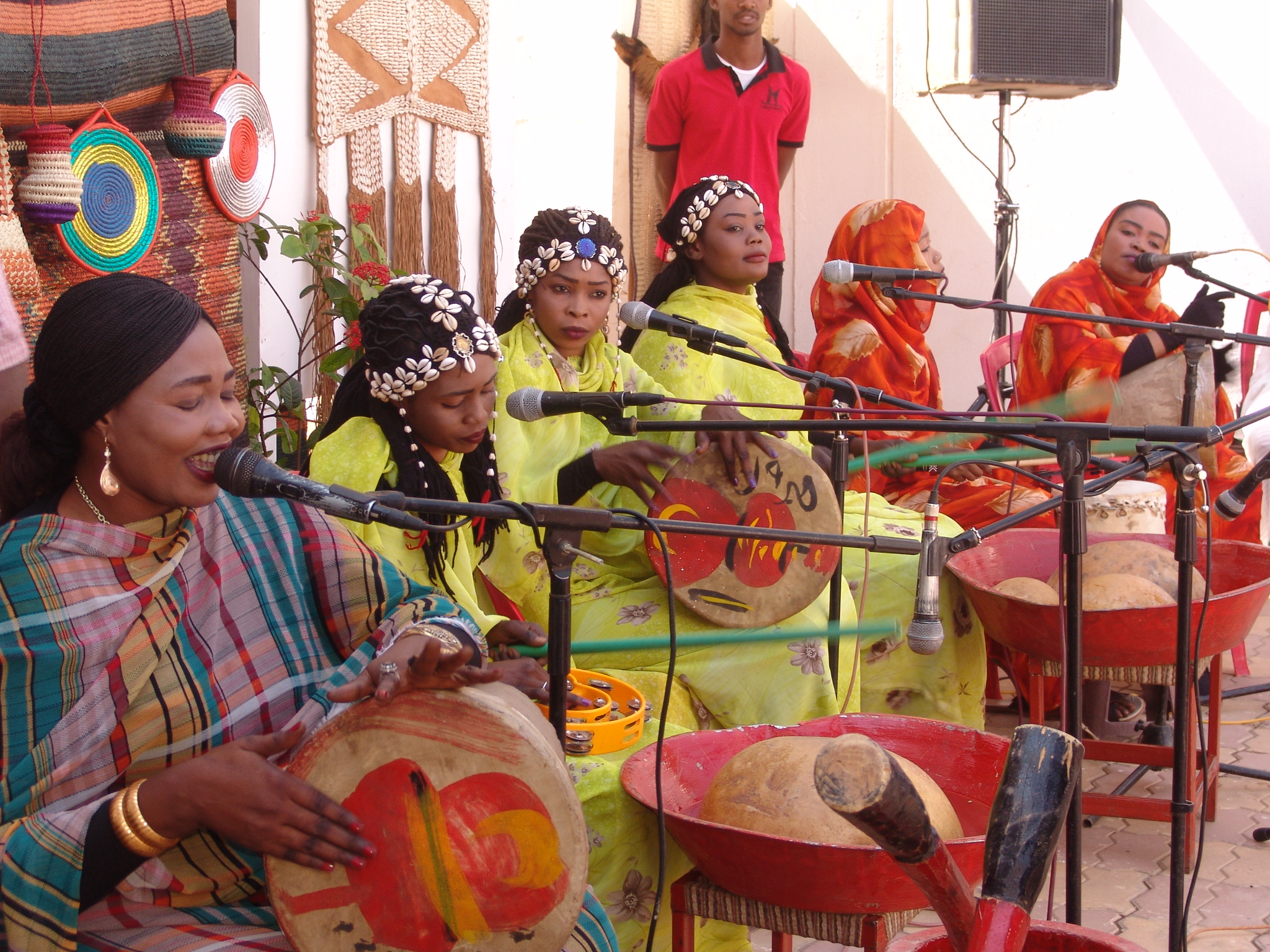(25) Songs of urban women and girls
Oral Tradition, in All Sudan | Nationally recognized
The concept Aghāni al Banāt (Girls’ Songs) refers to a specific genre of traditional songs performed by women that addresses issues concerning this sector of the society. They express girls emotional aspirations influenced by their social environment using everyday vocabulary and addressing their theme in a direct manner.
Girls songs are rich in symbolic expressions. they swing between acceptance and ostracism from the Sudanese cultured community. However, they persisted as a strong component of the Sudanese cultural heritage that reflects the public mindset and constitutes a musical depot for the gifted musicians to draw from, subjective and spontaneous as they sound, these songs are the result of a culture complex in its roots. They reflect a social life that is divided between ambition, modest and wild aspirations, class and culture conflicts. The lyrics are divided between villagers and town girls. The differences between these two types of songs are the level of expectation, motives and the freedom of expression. Town girls, for instance aspire for more ambitious goals than do their rural counterparts and are more forthright in expressing their feelings of sentiment. In either case, the staple theme today is the businessman, the ideal partner who signifies money and prestige. In the past, however, most of the songs were about the government employee who, with a monthly guaranteed income, represented financial security and respectable social status. Girls’ songs have the potential to assist in achieving social stability and balance, strengthening values and fostering reconciliation. They could be steered to renounce sectarianism and tribalism and advocate peaceful coexistence by highlighting the virtues of valor, handedness, honesty and chivalry. Besides, girls’ songs are malleable, adaptable mostly improvised practice and have the important role as a real time register of historical events and a mirror for the social life pattern of any given period. Girls’ singing is considered an extension of the rapturous panegyric poetry in terms of wording, spontaneity, and in being a reflection of the current concerns of women. It may be categorized according to the social occasions it qualifies as Sabāta (straw mat) lyrics It is a traditional lyrical style performed by unmarried girls or by those who are of an age that allows them to sing it. There are now dedicated entertainers of this type of singing known by the title Sabāta singers. The contents of the lyrical texts tell about what the girl wishes her dream knight, her future husband to look like, and what he must offer her as a dowry.
Contact
assadhajam@yahoo.com

